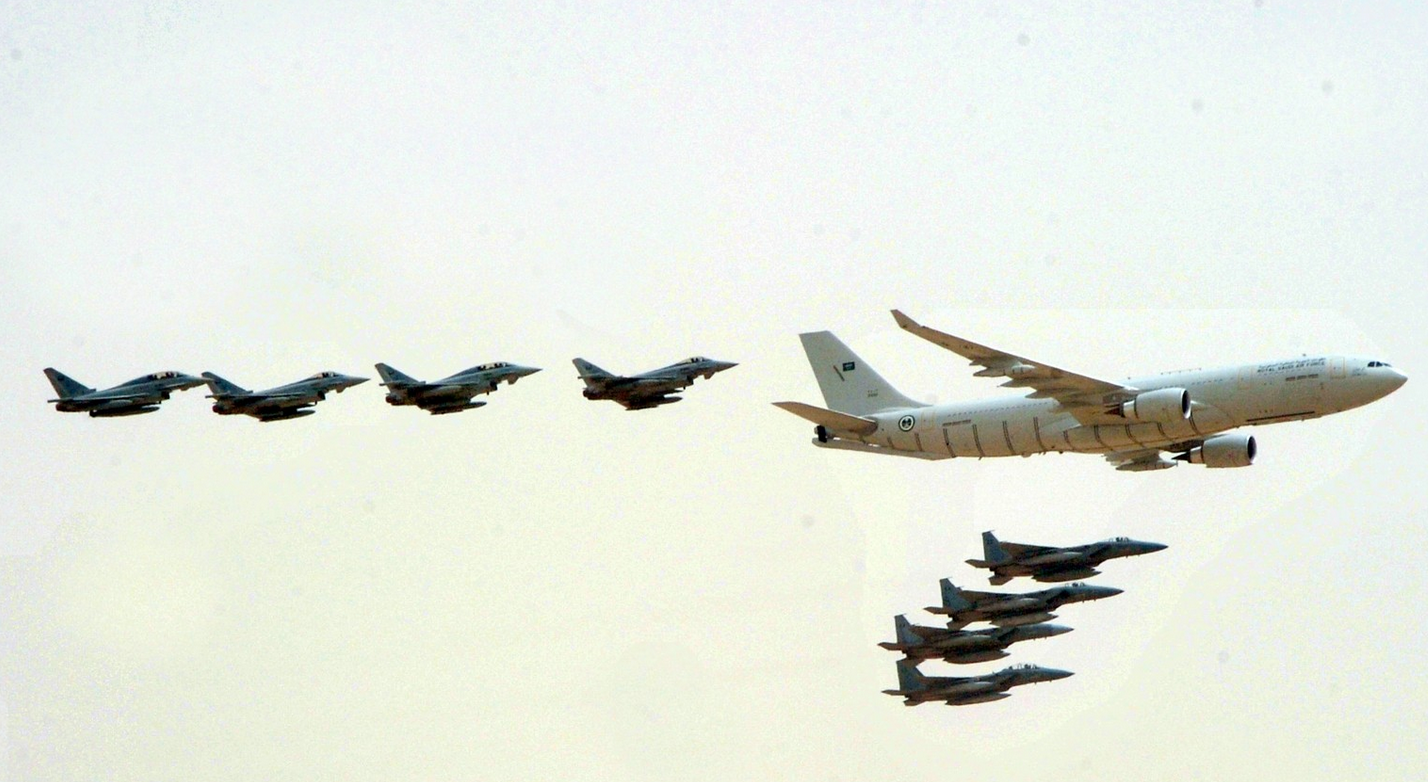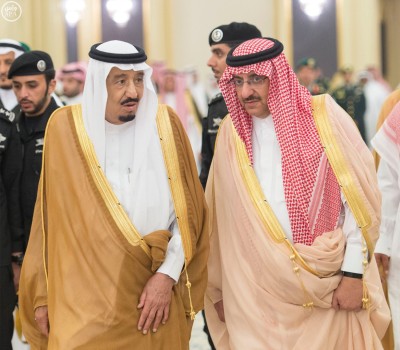Russia’s recent military escalation in support of Syria’s embattled president is placing Riyadh and Moscow on a collision course as regional powers vie to determine the future of in the war-torn country.
In the near term, it is expected that Russian air power will “provide desperately needed air support and boost the morale of Syria’s battered army,” write Andrew Roth and Thomas Gibbons-Neff in the Washington Post. “But unless it is significantly strengthened, Moscow’s contribution is unlikely to be decisive in the war.”
Saudi Arabia made clear at the UN General Assembly last week that they will not cooperate with Russian military efforts, which they feel “have increased the risk that the Syrian conflict and the fight against ISIS will escalate into a full-blown proxy war,” according to a recent op-ed by Nawaf Obaid in CNN.
Saudi Arabia’s King Salman visited Russia in late August in the what appeared to be part of a thaw in relations between the two countries, and Russian Foreign Minister Sergei Lavrov has said that the countries’ relations have become closer in recent months. But the situation in Syria will threaten the warming between Russia and Saudi Arabia.
“With this recent development, it is becoming increasingly clear that the Saudis are going to be forced to lead a coalition of nations in an air campaign against the remnants of Syrian forces, Hezbollah and Iranian fighters to facilitate the collapse of the Assad regime and assist the entry of rebel forces into Damascus…The situation on the ground in Syria is ripe for a concerted air campaign that can assist the two major rebel coalitions ready to take Damascus and turn the course of the war. These two forces — ‘Army of Conquest’ in the north and ‘Southern Front’ in the south — are strategically positioned, battle hardened, and more than equipped to carry out what will be required by land.”
A regional analyst told The Guardian that Saudi Arabia, Qatar, and the UAE are virtually on the same page in Syria, and that the three key Gulf states are in “high-level, very close co-operation and co-ordination.”
With the Saudi-led coalition effort to beat back the Iranian-allied Houthi rebels in Yemen, resources to wage military operations in Syria may be limited. But Obaid, who is a visiting fellow at the Harvard Belfer Center for Science and International Affiars and has studied the Saudi military, said that existing coordination from the coalition could be helpful. “[W]orking together on Syria would be an expansion of an already well established command and control system.”










